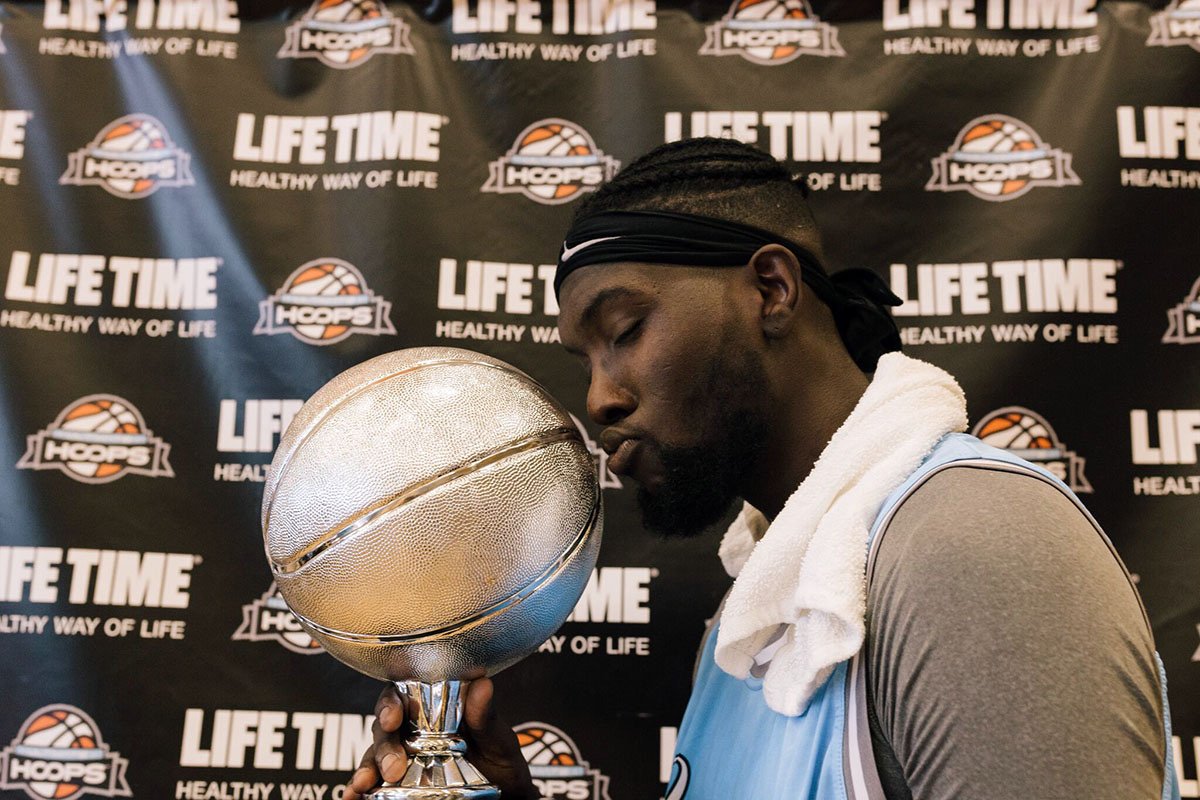TSL #033: From Players to Personalities: The Key to Recreational Sports Growth
Don't make it about the sport if you want to grow your participatory sports business.
I share this unconventional approach with everyone looking to start or grow a recreational sports business. It was the cornerstone of Ultimate Hoops' success from day one, and it changed the game for us in the recreational sports league market. This mindset shift fueled rapid growth and set us apart, ultimately catching the attention of Life Time, which acquired our business just 18 months after its inception.
In straightforward terms, if we had merely made Ultimate Hoops all about basketball, we wouldn't have experienced the level of growth we achieved.
To this day, league nights remain the least gratifying, and I'll argue, the least important part of the business. It's an unusual sentiment for someone involved in recreational sports, but it was a turning point for me.
While I relish engaging with the players, watching the games left me listless. I never cared who won or lost, and checking the standings page on our website during the season was a rare occurrence. Instead, I adopted the perspective of a journalist on league nights, a role that drew from my two years as a Journalism major at the University of Montana.
I focused on click-friendly stories happening away from the court, digging below the surface into how players felt rather than just how they performed on league nights. The aim was to create a compelling narrative that encouraged players to engage with our brand, not just on league nights but 24/7/365.
When I look at the marketplace today, there are more tools than ever to elevate the experience for your recreational sports customers. To create more opportunities for participants to feel like professionals or sports celebrities.
However, I've observed a growing trend in league operators who prefer to gather all these tools and throw them into one big pot on league nights. Their content strategy and customer experience are condensed into a single beer can, and they decide to shotgun it all on league night.
The more effective approach is to plan and savor the drink. Have your customers sip your content every night, served in various ways and flavors on different weeks.
However, the most crucial ingredient in your drink is not to make your content solely about the sport. Make it about your participants.
Consider: what's more captivating to you as a reader?
Would you prefer to know how a player scored 40 points in a game - the technicalities like the number of three-pointers versus two-point shots - or would you rather hear the story behind those 40 points?
The story is about arriving three minutes before game time because his boss held him late at work.
The story of how he was up until 4 a.m. the night before because he and his wife have a newborn baby, yet he still scored 40 points.
Or the story of how he hadn't scored 40 points since 9th grade.
People are inherently more intrigued by the WHO than the HOW. Recreational sports leagues aren't just about the game but about the people who make it.
Here are some valuable insights into why making your league more about the players and their stories can lead to significant growth.
1. Human Stories Create Connection:
People connect with people. The power of a well-told human story is immeasurable. When you share your players' personal triumphs, struggles, and experiences, it humanizes the league. It makes your participants relatable, and your audience is more likely to engage when they see themselves in your stories.
2. Engagement Beyond Game Nights:
Making the league about the players and their experiences allows for year-round engagement. It turns your business into a community that thrives not just on the nights of the games but every day. Whether it's a player's journey, training regimen, or life outside the court, these stories provide content that keeps your audience engaged and connected.
3. Building a Brand Identity:
Focusing on the players creates a unique brand identity for your league. You're not just another sports league but a community that values and celebrates its members. This brand identity attracts like-minded individuals with the same passion and values, helping your business grow organically.
4. Emotional Connection Drives Loyalty:
People remember how you make them feel. When you tell stories that resonate on an emotional level, you create a bond with your audience. They become emotionally invested in your league, and this emotional connection leads to long-term loyalty.
5. User-Generated Content:
When you shift the focus to your players, you open the door for user-generated content. Players and fans are likelier to share and contribute to the narrative when they see themselves as integral to the league's story.
6. Word-of-mouth Marketing:
When your league is more about the people and their experiences, it naturally sparks word-of-mouth marketing. Players and fans become your most significant advocates, sharing their experiences and encouraging others to join your community.
When you start and grow your recreational sports league, look beyond the sport itself and focus on the human side of the game.
Share your players' stories, experiences, and emotions, and watch as your league evolves into a thriving community.
It's not just about the sport but about the people who make it. That's the secret to sustainable growth and lasting success.
